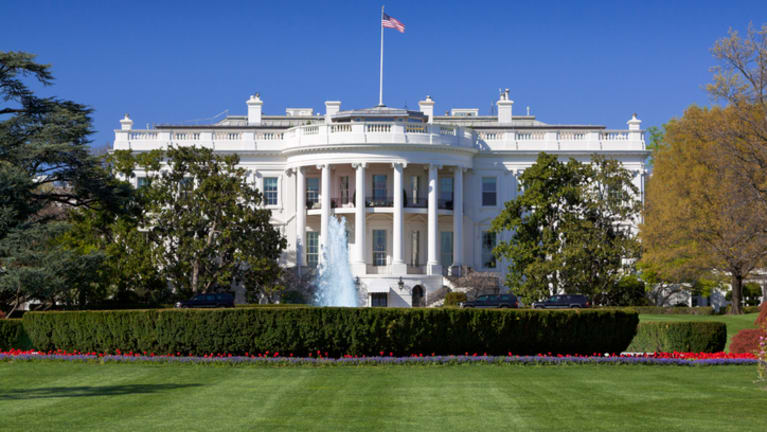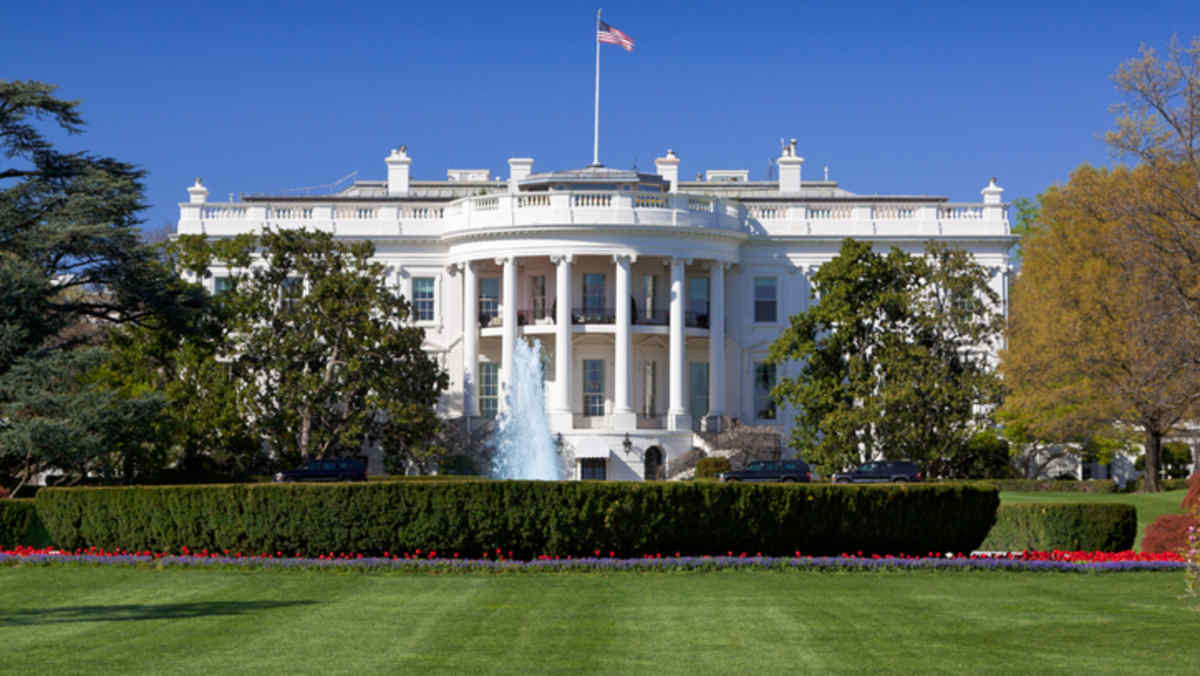

?Over the next several months, the Biden administration plans to work on policy proposals that continue the reformation of the H-1B visa program for professional foreign workers—including raising the wages of those workers—as well as increasing application and petition filing fees for a range of immigration benefits.
Federal agencies announce their agendas in intervals throughout the year; the latest updates are for proposals roughly scheduled for the end of the year and in 2023, though agencies often extend their deadlines.
H-1B Visa Program Reforms
U.S. Citizenship and Immigration Services (USCIS) intends to offer a rule amending aspects of the H-1B visa program first proposed by the Trump administration.
The proposal has been postponed since December 2021 and is now scheduled for May 2023.
According to USCIS, the rule will:
- Redefine the H-1B employer-employee relationship.
- Establish new guidelines for employer site visits.
- Clarify rules for F-1 students awaiting a change of status to H-1B.
- Clarify the requirement that an amended or new H-1B visa petition be filed if there are material changes to employment, including a new worksite location.
Wage Increases
The Department of Labor (DOL) continues to plan to advance a new prevailing wage regulation, now scheduled for October, based on the public feedback it received in a request for comments conducted last year.
A final rule proposed by the Trump administration raising wages for workers with H-1B visas and employment-based green cards was slated to take effect on Nov. 14, 2022; however, it was vacated by a federal judge in June 2021. The rule was issued in January 2021 as one of the last regulatory actions of the Trump administration.
Another Trump-era proposal reallocating H-1B cap numbers to the highest-paid beneficiaries according to the DOL’s wage levels has been conclusively withdrawn by the Biden administration. President Biden expressed support for salary-based H-1B visa allocation during the 2020 election campaign.
B-1 Visa Proposal Reconsidered
The Department of State revealed that it is now reconsidering its previous proposal to eliminate the practice of allowing foreign nationals to enter the U.S. with a B-1 business visa to perform short-term H-1B work. Originally proposed in October 2020 by the Trump administration, the rule would eliminate a long-standing policy that permitted foreign nationals to enter on a B-1 visa to perform short-term H-1B services in limited circumstances while remaining on a foreign payroll.
B-1 visas will continue to be issued to foreign nationals seeking to engage in permissible business activities, the department said.
L-1 Changes
USCIS showed renewed interest in its longer-term plans to propose amendments to the L-1 visa regulations. Specifically, the agency intends to revise the definition of specialized knowledge, clarify the definition of employment and employer-employee relationship, and potentially impose wage requirements for L-1 visas. A proposed regulation is tentatively scheduled for June 2023.
Immigration Fee Increases
A USCIS proposal to update immigration filing fees is under review at the White House and is expected in September 2022. USCIS is almost entirely funded by applicant fees, which are necessary to administer immigration programs.
The agency most recently updated immigration fees by a weighted average of 21 percent in December 2016. Proposed fee increases in 2020 were blocked by immigration advocacy groups in court, who argued the increases were too high.
DACA Final Rule
A final rule codifying protections for the 600,000 recipients in the Deferred Action for Childhood Arrivals (DACA) program is under review at the White House, the last step before publication in the Federal Register. The rule is expected soon.
The Obama administration established DACA in 2012 to provide protections from deportation and authorization to work to undocumented immigrants brought to the U.S. as children. The program, which had not gone through the regulatory process, has faced multiple court challenges.
Most recently, a federal district court judge in Texas ruled that DACA was unlawful because it was implemented without formal rulemaking, but he left protections in place for the recipients currently in the program.
President Biden directed the Department of Homeland Security in January 2021 to take action to preserve and fortify DACA. The department published a notice of proposed rulemaking in September 2021.

